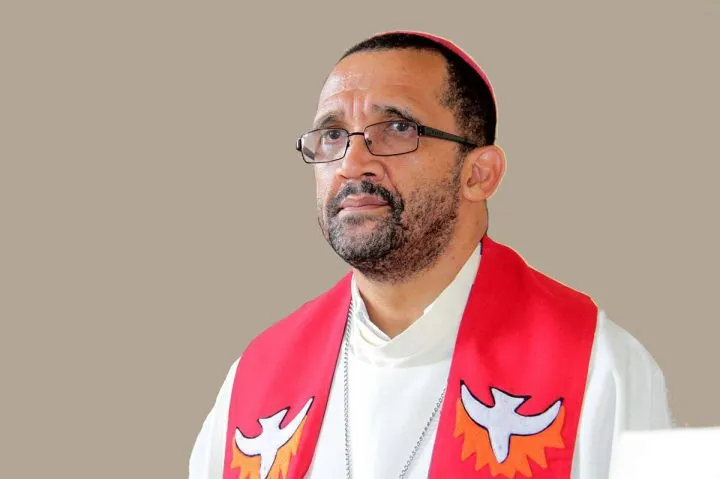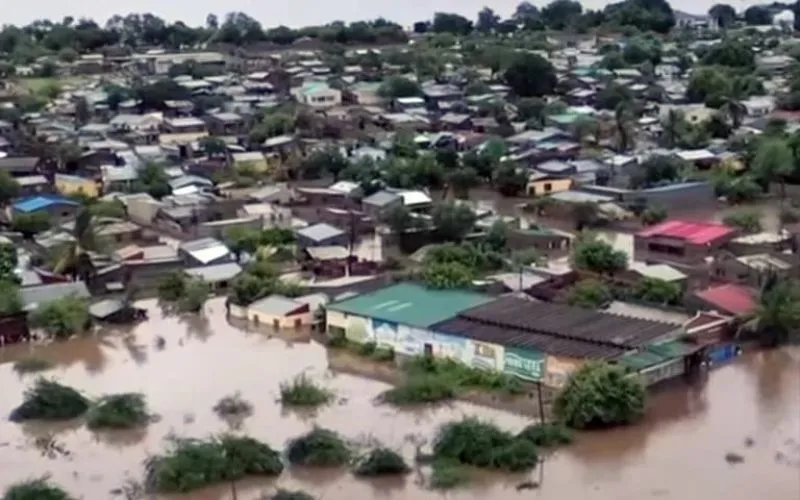Johannesburg, 25 January, 2023 / 9:00 pm (ACI Africa).
Initiatives towards enculturation in liturgy witness in the 1980s in Southern Africa eclipsed, Bishop Sithembele Sipuka of South Africa’s Umtata Diocese has been quoted as saying.
In an interview published Tuesday, January 24, the Bishop who is at the helm of the Southern African Catholic Bishops’ Conference (SACBC) underscored the need to distinguish between cultural aspects that can be integrated in the liturgy and those that need to be discarded because they are “contrary to the faith”.
“Enculturation in terms of the liturgy was stronger in the 80s, then it stopped; we are doing liturgy as enculturated from those experiences, it has not developed,” Bishop Sipuka told South Africa’s Radio Veritas.
He added in reference to enculturation, “We are trying to understand it in its traditional context so that we can see how we merge it with faith.”
“The principle is that, in culture, there are a lot of things that are good; so it is not in our view that anything cultural must be thrown away, but we also know that there are elements in the culture that are contrary to the faith and so we shall see how to deal with that,” he said.








